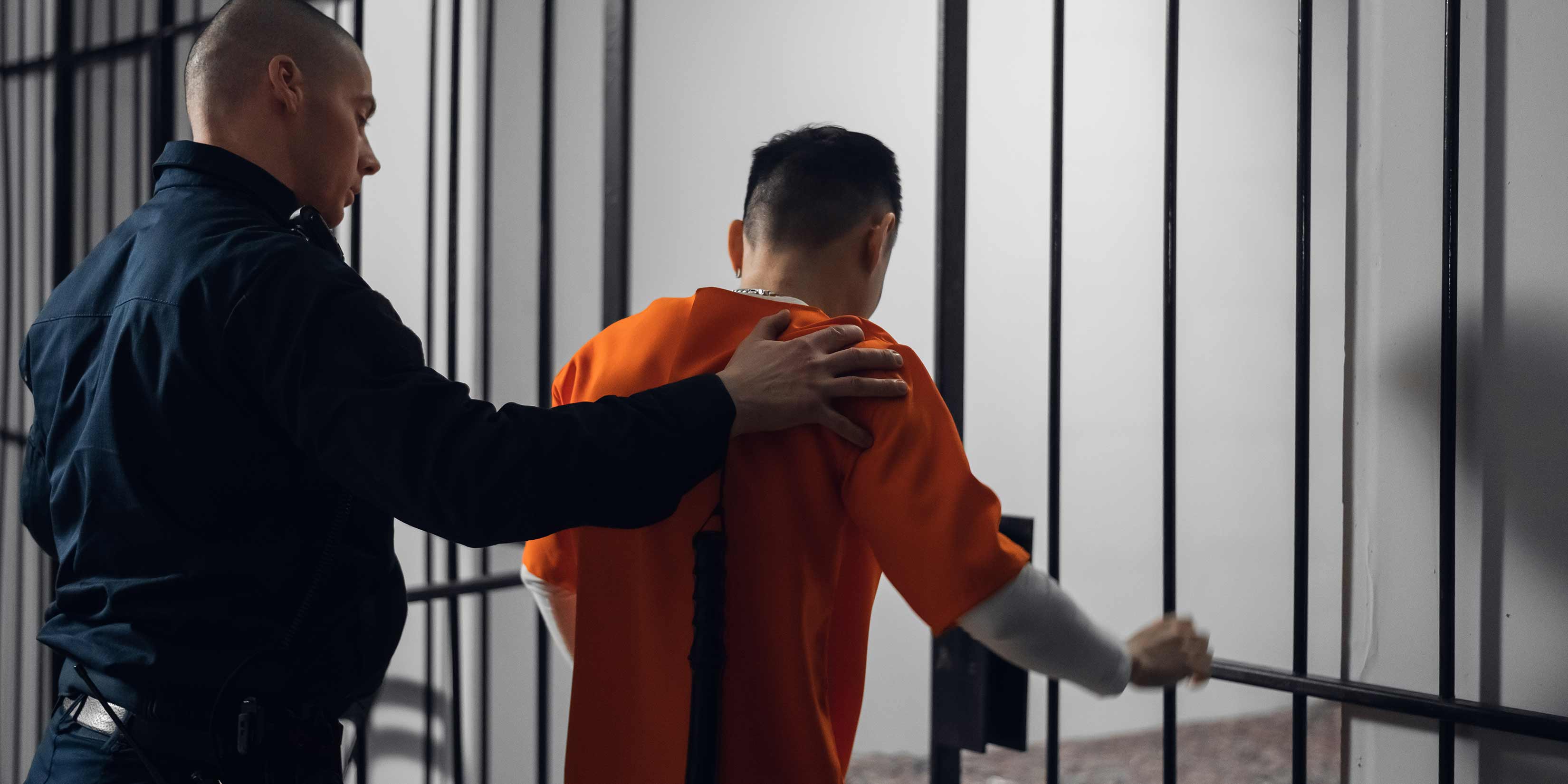
Recently a woman came to our Virginia Beach treatment center seeking help, perhaps her last attempt as she was lucky to even be alive. Since March, she had been in and out of jail where she was forcibly detoxed from her 66 mg a day methadone prescription. With no drug treatment wing at the jail, her prolonged methadone detox basically went untreated. Upon release, she immediately overdosed and continued to do so several more times. At her last life-saving visit to the hospital, she was inadequately treated without any take-home Suboxone. That’s when she, thankfully, found her way to BHG. This scenario plays out every day across America, a lethal trail to a death sentence beyond physical prison walls.
Forcible detox while incarcerated has to stop. This patient is one small example of the negative impact of a policy that is exacerbating overdoses and overdose deaths.
Clear Evidence, No Common Sense
-
Nationwide, two-thirds of the country’s 2.3 million inmates are addicted to drugs or alcohol, according to the National Institute on Drug Abuse (NIDA). But only a small fraction of those who need treatment behind bars receives it.
-
The vast majority of the nation’s nearly 2,000 state and federal prisons and 3,100 county and municipal jails do not offer addiction treatment that includes any of the three medications — methadone, buprenorphine and Vivitrol — approved by the U.S. Food and Drug Administration.
-
That’s changing, albeit slowly. An estimated 120 jails in 32 states and prison systems in 10 states now offer evidence-based treatment for opioid addiction, triple the number from 2018.
-
Research shows that inmates with an opioid addiction who leave lockups without a medication to ease cravings and block the euphoric effects of opioids are at extremely high risk to die of an overdose within days of their release.
-
According to NIDA, decades of science shows that providing comprehensive substance use treatment to criminal offenders while incarcerated works, reducing both drug use and crime after an inmate returns to the community.
We have science that backs MAT and we have states with good models we can replicate. For the latter, we can thank the person who was in treatment in Massachusetts who was pulled over for a taillight that was out and taken to jail where he was forced to detox. Upon release, he hired an American Civil Liberties Union (ACLU) lawyer who convinced a Federal District Court to rule forcible detox as “cruel and unusual punishment” and require prisons and jails to provide addiction medications under the Americans with Disabilities Act (ADA) and as part of inmates’ constitutional rights to adequate health care. This change is trending in other states and the Civil Rights Division of the U.S. Department of Justice has released a paper on the inhumane policy, but it doesn’t seem to be getting down to the jail-to-jail level.
Rhode Island, which has the 9th highest overdose rate in the U.S., started providing MAT in its unified prison and jail system in 2016 and, with the help of Governor Gina Raimondo and a $2 million annual budget, the program is doing more than any other state to ensure that all inmates who need addiction treatment have access to it.
The National Sheriffs’ Association and the National Commission on Correctional Health Care support the use of MAT in corrections facilities and offer guidelines on how to implement an effective program.1 Another organization called Physician and Lawyers for National Drug Policy is also leading efforts for policy change.
In BHG Rhode Island treatment centers, it’s easy to compare positive outcomes there to those in my community of Virginia Beach where forcible detox of patients in MAT is routine and discourages them from getting back into treatment upon release from jail. The whole thing lacks common sense.
Rhode Island is a good model and states have received plenty of federal dollars to address the opioid crisis. Many jurisdictions now have drug courts, which takes those cases out of the criminal court system where treatment is recognized as a contingency. There’s good progress, but in my opinion, two major reasons continue to hold up the barriers to policy change. One, I think the silos between corrections, criminal justice and mental health block collaborative thinking, implementing and budget-sharing. And two, the “powers that be” fuel the stigma that “they are addicts who chose this and maybe if they suffer, they won’t do it anymore.” It’s anti-therapeutic.
Media Contact:
Nancy Buttyan
Nancy.Buttyan@bhgrecovery.com
214-918-1811
About BHG
Behavioral Health Group (BHG) is a fast-growing healthcare company creating a new class of recovery center for individuals with substance use disorder (SUD). BHG specializes in medication-assisted recovery (MAR) combined with addiction counseling delivered through the largest network of Joint Commission-accredited outpatient treatment and recovery centers in the U.S. Founded in 2006 and led by an experienced executive team with deep experience in the healthcare and behavioral health industries, BHG believes that comprehensive, evidence-based, personalized treatment plans focused on real recovery restore lives, strengthen families, and rejuvenate the communities in which we serve. BHG capabilities include a full range of counseling and behavioral health therapies for individual, family, and group counseling, medication-assisted recovery, intensive outpatient programs, mental health services, case management, and community resource coordination services delivered in its treatment centers and through telehealth. BHG treatment centers provide access to all FDA-approved medications through in-center dosing or prescriptions programs. BHG accepts Medicare, Medicaid, most major commercial health plans, and works with state grants to support patients who choose to self-pay. With 117 locations in 24 states, BHG has more than 2,100 employees who serve more than 43,000 patients. To learn more, visit bhgrecovery.com.
